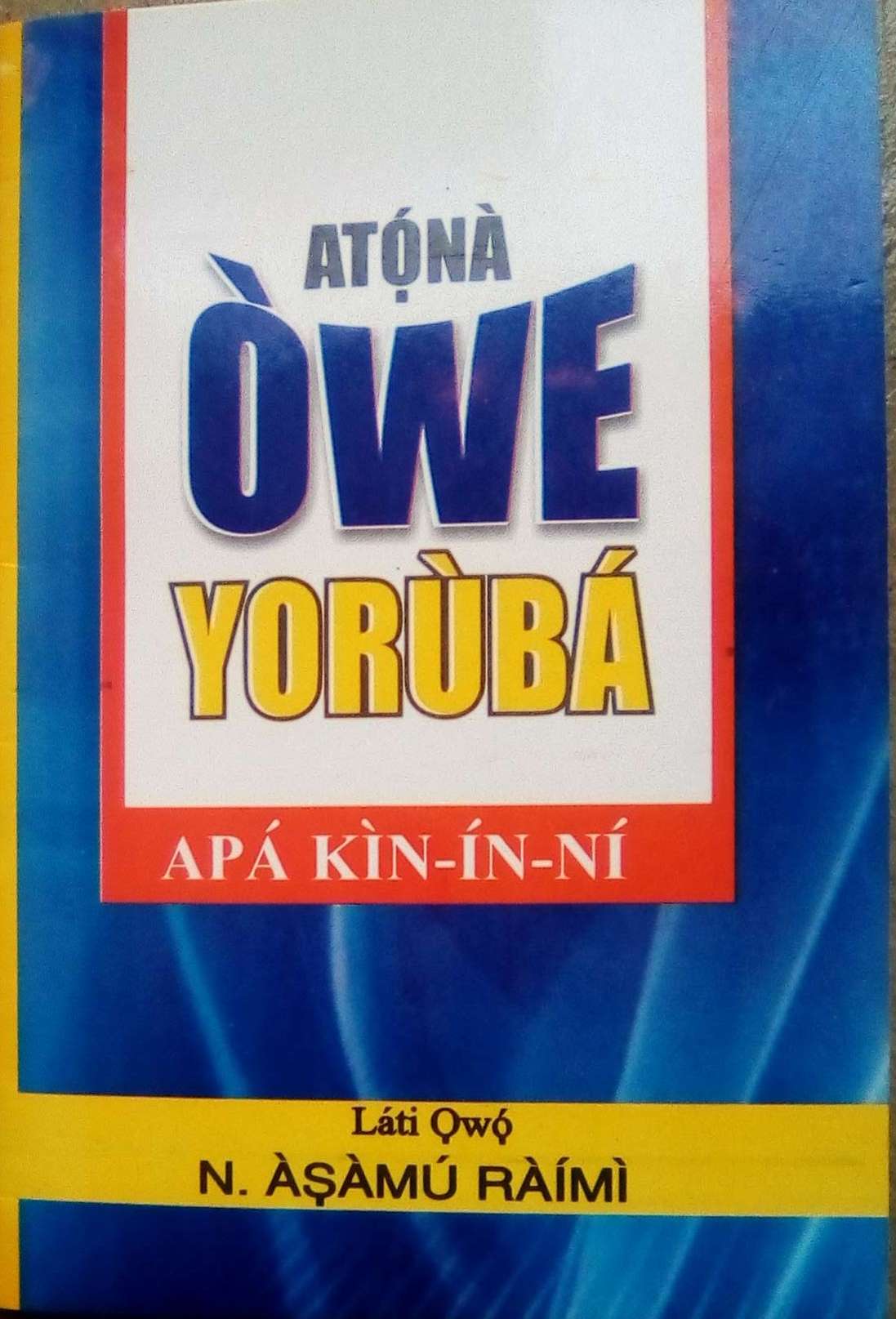The fear among many Nigerians today is that some of the nation’s indigenous languages may go into extinction if care is not taken. The extent to which Nigerians have adopted some foreign languages, particularly, English, is the reason for this fear. There is perhaps no home in Nigeria where indigenous languages have not been replaced with English. In schools, local languages have been labelled as “vernacular” and hence, forbidden.
The fear amongst Nigerians about the possible extinction of indigenous languages is well expressed by Oba Michael Ajayi, the Elerinmo of Erinmo, in a lecture he delivered during the Culture Fair Week of the College of Humanities, Redeemer’s University, Ede, Osun State, in 2019.
His words: “In this modern day, we can easily notice a situation where our traditional language has been modified or totally abandoned by our children who now feel more comfortable speaking and adopting some other widely spoken languages. If this drift is not curtailed, we will get to a point where indigenous languages (Yoruba, Igbo, Hausa, among others) will go into natural self-induced extinction.”
With the growing concern over the possibility of local languages being abandoned or totally forgotten, some institutions and individuals have taken up the challenge to keep hope alive
With the growing concern over the possibility of local languages being abandoned or totally forgotten, some institutions and individuals have taken up the challenge to keep hope alive. One of such persons is Mr. Nureni Asamu Raimi. Committed to the cause of ensuring that Yoruba language does not go into extinction, he has produced a book, Atona Owe Yoruba.
A compilation of some Yoruba proverbs with explanations, the book helps to document for posterity, the rich heritage which makes the race stand out.
The author, in a short note at the back of the book, is described as a lover of the beauty and richness of Yoruba language and all its components, particularly, proverbs. It is the love for the language that is said to have informed his commitment to the cause of documenting the proverbs for the benefits of all and Yoruba students in general.
Atona Owe Yoruba (Apa kin-in-ni) has 100 proverbs. It is done with a promise of more in coming parts.
In the book, the author states different proverbs, gives their meanings and how they can be used. The explanations, as well as the proverbs are of course in Yoruba.
An example is the first on the list: Adete ra’akara o n beere fun eeni, ojulowo ti o ra ko ti ri owo ti o ma fi ko de ile. Meaning: A leper buys beans cake and is asking for extra; has he been able to take the actual ones bought home?
He explains in the book that the proverb is used when anyone is trying to bite more than he can chew.
Another one is: Alubata kan ki i da orin, ti o ba d orin ilu maa baje. Meaning: A bata drummer does not lead in a song or else, the rhythm of the bata beat would be missed or lost. The proverb, according to the author is used when anyone is stepping beyond his bounds.
For anyone interested in speaking good Yoruba laced with proverbs, the book, Atona Owe Yoruba, will be a good companion.
A look through the book shows a number of proverbs for different state of affairs and for different situations. It captures the rich choice of words, depth of thought and beauty of Yoruba language.
For anyone interested in speaking good Yoruba laced with proverbs, the book, Atona Owe Yoruba, will be a good companion.
Apart from being a document for posterity, the book will serve a good purpose for students in primary, secondary schools and tertiary institutions. It will make any interested person to be familiar with Yoruba proverbs, their meanings and how they can be used.
Researchers can also make use of the book.
Born in Ibadan, Oyo State over 75 years ago, the author attended St. John School in Akindele area and later attended Ahmadiyya School in Akinware area of Ibadan.
A retiree, Raimi is at the moment working on more proverbs for publishing to keep hope alive that Yoruba language endures forever.














